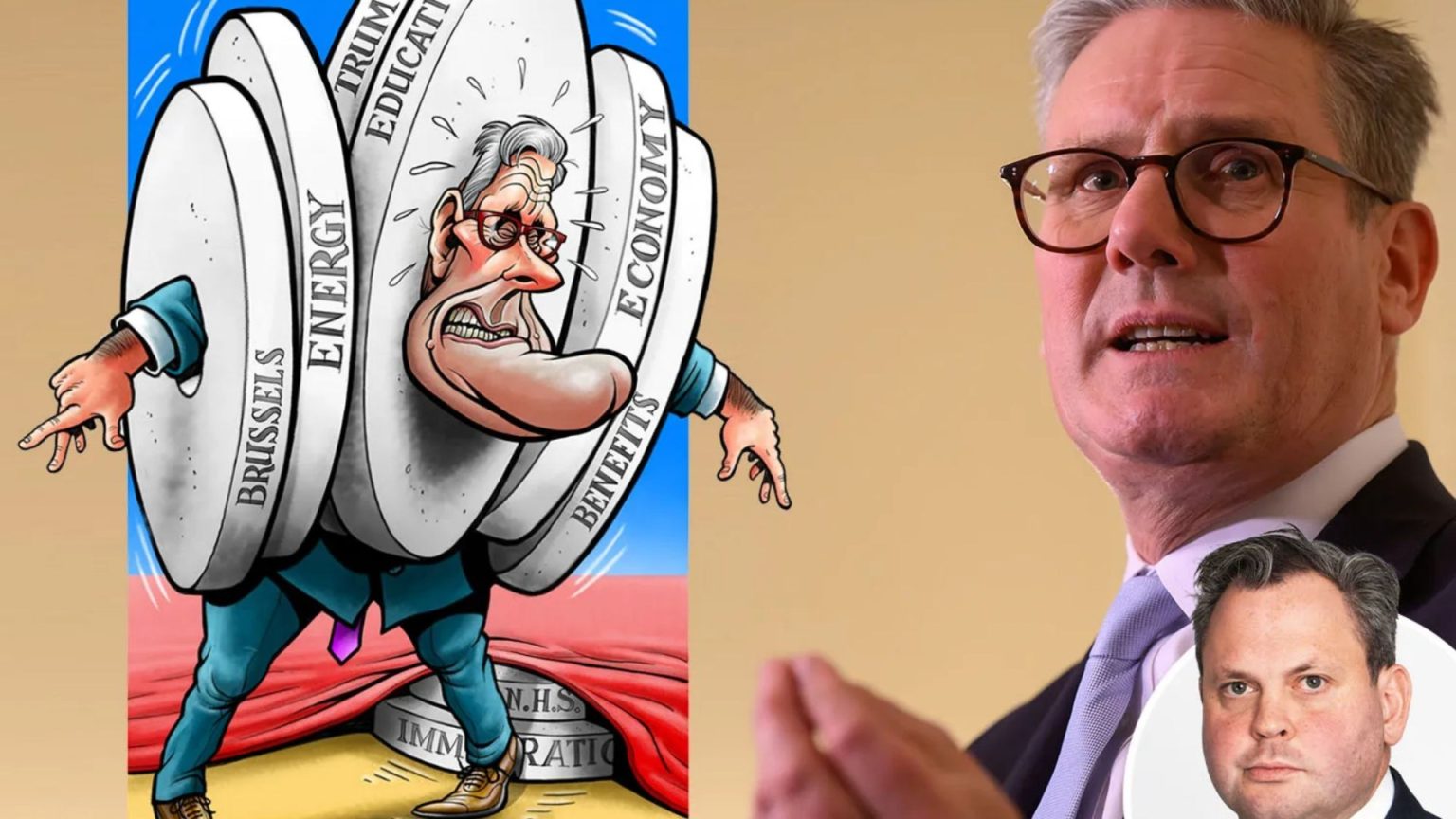The content discusses various political and social issues plaguing the United Kingdom, particularly focusing on the challenges faced by Prime Minister Rishi Sunak and Labour Party leader Keir Starmer. Sunak’s budget, marketed as an emergency measure, failed to impress anyone, while cabinet ministers resigned due to past wrongdoings despite promises of restoring integrity. Starmer is criticized for setting vague targets in his upcoming speech, with emphasis on economic growth, environmental sustainability, crime reduction, healthcare improvements, and equal opportunities. However, focusing on statistics may alienate voters more than addressing their real concerns.
The influx of migrants to the UK, rising crime rates, strained healthcare services, high inflation, and unemployment are major issues confronting the government. Despite promises to curb illegal immigration and reduce benefits, the government’s efforts appear futile. The UK’s approach to migration remains divisive, with over a million more immigrants arriving than departing each year. The lack of concrete solutions to address these challenges may render Starmer’s upcoming speech mere window dressing. Additionally, the PM grapples with balancing relations with Trump’s administration and the EU, raising further concerns about migration policy and trade alignments.
With the resignation of Louise Haigh due to fraud charges, the government is urged to assess the performance of other ministers deemed as weak links. Concerns are raised about Liz Kendall and Jonathan Reynolds failing to meet expectations in their respective roles. As the Cabinet undergoes potential reshuffling, ministerial performance is scrutinized, raising the stakes for those seen as underperforming. The legalisation of assisted dying in the UK becomes a contentious issue, with debates focusing on the implications for taxpayers, safeguards, and the emergence of specialized medical services for end-of-life care.
The discussion around legalising assisted dying brings forth complex ethical and financial considerations, including the potential emergence of death clinics and the necessity for stringent safeguards. Cabinet Office boss Pat McFadden highlights the importance of evaluating costs, safeguards, and broader implications before moving forward with the proposed legislation. Emotions run high as the bill progresses, but the contentious nature of the issue suggests that detailed discussions and considerations lie ahead. The parliamentary debate on assisted dying legalization is expected to intensify as the bill delves into intricate details and implications for healthcare services and society at large.











